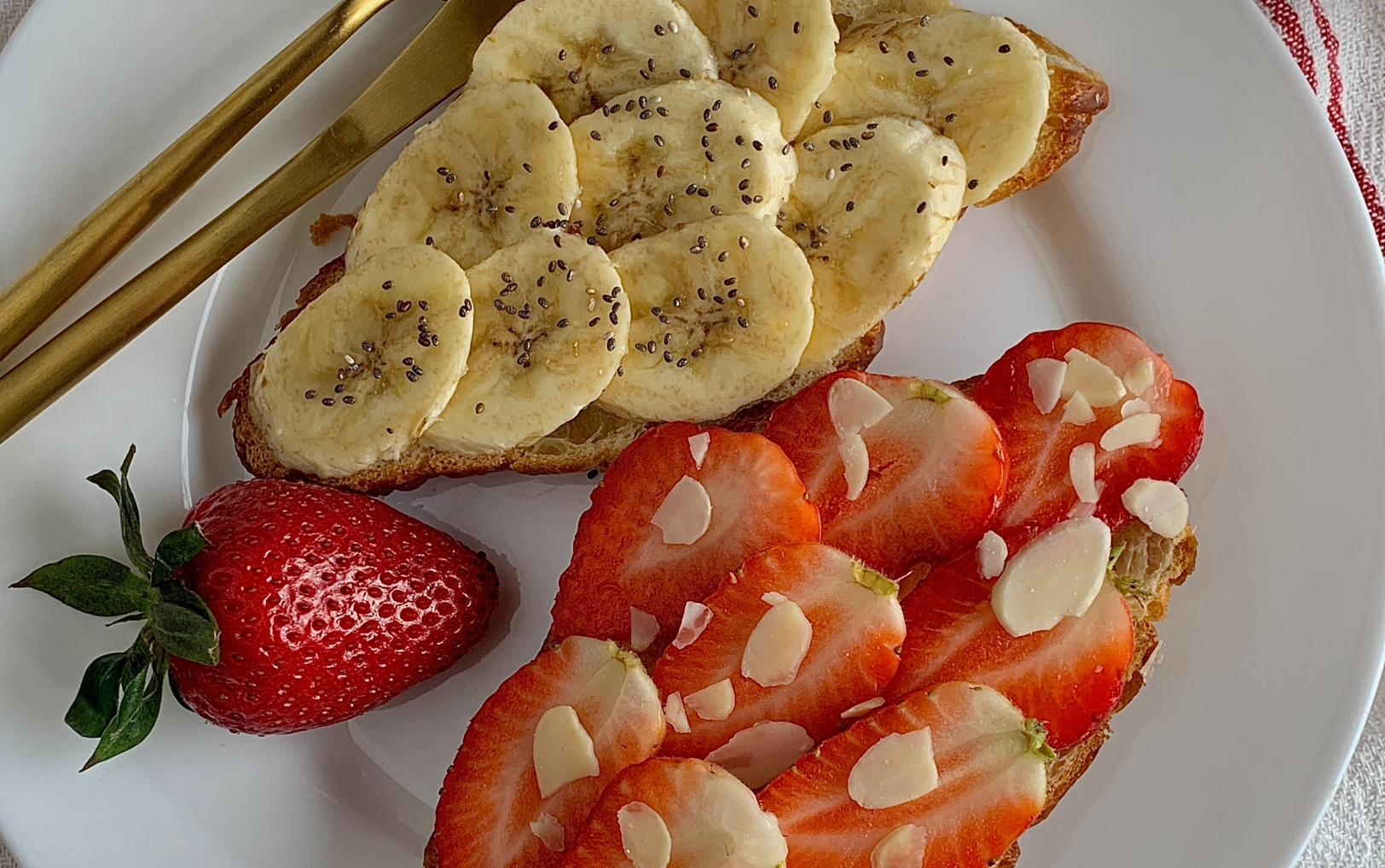nutrition
What Are the Top Vegan Calcium Sources?
On This Page

There are a variety of plant-based foods high in calcium, although supplementation may be beneficial.
As the most abundant mineral in the human body and supports many vital functions, calcium is most commonly associated with its ability to build and support the structure of our bones and teeth. Alongside its role in bone support, calcium has also been linked to blood clotting, blood pressure regulation, muscle function, nerve transmission, and hormone production.
Since our body cannot make its own calcium, we need to obtain it through food or supplementation. Almost 98% of our calcium is stored in our bones. If we don’t consume enough calcium, our body will use this reserve to maintain adequate levels in our blood. Low calcium intake can have a significant effect on health over time.
Our body needs vitamin D to absorb calcium in the gut. Review these vegan vitamin D sources to confirm you’re getting enough in your diet.
Dairy products are the most common food source of calcium in the United States. While dairy products are a rich source of calcium, there are many plant-based sources available for those who are vegan or don’t tolerate dairy well.
Here are our top vegan sources high in calcium:
Seaweed
Seaweed may be a surprising source of calcium to include in your diet. Wakame seaweed is an edible seaweed that is slightly sweet, but distinct in flavor and texture. One cup of wakame provides 150mg of calcium or 12% of the Daily Value (DV).
You can usually find this in most Asian markets or at your local sushi restaurant.
Nuts and Seeds
Nuts and seeds come with a variety of nutrients. While they are considered a healthy fat source, they also provide good fiber and protein. Nuts are often an easy plant-based protein to add to any meal or snack.
Furthermore, nuts also contain antioxidants, vitamins, and minerals – calcium being one of them.
Almonds and Almond Milk
Almonds are likely your best bet when deciding on which nuts to add to your diet.
One cup (100 grams) of whole almonds provides 254 mg of calcium, which is over 20% of the Daily Value. While you may not consume a full cup of almonds every day, a quarter cup will still provide about 63 grams. A quarter cup also adds 8 grams of protein and 4 grams of fiber to your diet.
Some non-dairy milk is fortified with essential nutrients like calcium. You can often find almond milk fortified to help meet your daily needs. A 3.5-ounce serving of almond milk (100 grams) contains 173mg of calcium, or 14% DV.
Not all plant-based milks are fortified, so it is recommended to check the nutrition label before purchasing.
Chia Seeds
Chia seeds are often referenced as “super foods” due to the fact that they pack a lot of nutrition into a small amount. For example, just one tablespoon of chia seeds contains 76mg of calcium, or 6% DV.
Chia seeds can be easily sprinkled into non-dairy yogurt, oatmeal, or salad. You can even experiment by making a chia seed pudding as a dessert alternative.
Sesame Seeds
One tablespoon of sesame seeds provides 88mg of calcium, or 7% DV. These are a pleasant addition to a vegan stir fry.
Tahini is a sesame seed paste. You can also use this version of sesame seeds to boost your calcium intake. You’ll find tahini in hummus, but it can also be made into a dressing, added to baked goods, or drizzled alone on fruit or vegetables.
Soy and Soy Milk
Soy is naturally rich in calcium. Soy can take many forms, be it tofu, edamame, soy milk, or tempeh – to name a few. These are not only great calcium sources but also plant-based proteins. The variations in soy provide a lot of potential options for those looking to add non-animal-based calcium to their diet.
One-half cup of cooked soybeans contains 131mg of calcium, and 10% of the Daily Value. Edamame are whole, immature soybeans. Though often found at sushi restaurants, edamame are also widely available in frozen, steamable bags from the grocery store. Edamame can be a nutrient-rich stand-alone snack or a complement to a meal.
Firm tofu made with calcium sulfate provides 253mg of calcium for a half cup. This is 19% of the Daily Value. Tofu has a mild flavor and will easily absorb the seasonings and spices paired with it.
Another form of soy that is rich in calcium is tempeh. Tempeh is fermented soybeans and provides over 200mg of calcium, or 18% DV, for one cup. Tempeh has more texture and is a great vehicle for alternative meats, like crumbled taco meat or vegan bacon.
Lastly, fortified soy milk provides 299mg of calcium per cup. This is 23% of the recommended intake.
Leafy Greens
Vegetables – especially leafy greens – contain good amounts of calcium.
For example, one-half cup of boiled and drained spinach contains 123 mg or 9% DV. Turnip greens have 99mg, or 8% DV, per half cup.
Bok choy is a type of Chinese cabbage. It will contribute about 6% of your recommended intake, with 74mg of calcium per cup. You can also opt for one cup of raw broccoli for 43 mg.
Leafy greens can offer antioxidants and vitamins C, A, and K.
Blackstrap Molasses
Blackstrap molasses is made by boiling cane sugar. This form of sugar may have more nutrients compared to regular table sugar.
One tablespoon of blackstrap molasses contains about 200mg of calcium, or 20% of the Daily Value. It is also rich in iron, magnesium, and potassium.
As a sweetener, blackstrap molasses can be a nice addition to your morning bowl of oatmeal. Still, blackstrap molasses is a form of sugar, and so should be used sparingly as part of a nutritional diet.
Beans and Lentils
Beans, peas, and lentils are all good sources of calcium. One cup of pinto beans provides 218mg of calcium, or 18% DV. Peas and lentils will also provide about 38mg per cup.
Beans and lentils are very versatile plant-based proteins. They are an easy addition to salad, vegan burgers, soups, and stews.
Oranges and Orange Juice
Fruit may surprise you on this list, but certain sources contain good amounts of calcium. For example, one orange has 55mg of calcium, or about 5% of the Daily Value.
Oranges provide a big vitamin C boost to support our immune system. Fresh fruit is an easy way to meet our fiber for the day.
Just as non-dairy milk is fortified, so are some juices. Orange juice is one of them and provides 349mg of calcium for one cup. This is 27% of our recommended intake.
Dried Figs
Dried figs are another fruit with higher calcium content. About ¾ cup of figs (or 100 grams) has 162mg of calcium, or 14% DV.
Dried figs are naturally sweet with no added sugar. They are delicious paired with nut butter for a sweet tooth alternative.
Butternut Squash
One cup of cubed and cooked butternut squash provides 84mg or 7% DV for calcium. Butternut squash is rich in vitamin A, which is shown in its bright orange color.
How Much Calcium do you Need?
The Recommended Dietary Allowance (RDA) is 1,000mg for most adults. This recommendation increases to 1,200mg for those 50 years and older.
It's important to note that the bioavailability, or the amount our body absorbs, varies greatly in vegan calcium sources. This animal study showed a varying difference in the amount of calcium absorbed from dairy foods compared to plant-based sources.
Certain substances in plant foods can interfere with adequate nutrient absorption – these are known as anti-nutrients. This study discusses how anti-nutrients like oxalates, phytates, lectins, and goitrogens can disrupt calcium absorption.
These anti-nutrients are often a natural result of protecting themselves from the surrounding environment. It also notes how processing and cooking treatments, like boiling, steaming, and fermentation, may reduce the anti-nutrient concentrations.
Are there Vegan Calcium Supplements?
We need calcium to support the health of our bones and teeth, but also for regulating our blood pressure, hormones, and much more. It is essential to meet calcium needs daily. Thus, supplementation may be beneficial depending on your diet and lifestyle.
Vegan calcium supplements are available if you feel your current diet is low in this nutrient. Review the ingredient list on the nutrition label before purchasing – some calcium sources also contain animal products. For example, since vitamin D is needed for absorption, sheep’s wool may be used for vitamin D and combined with vegan calcium sources.



